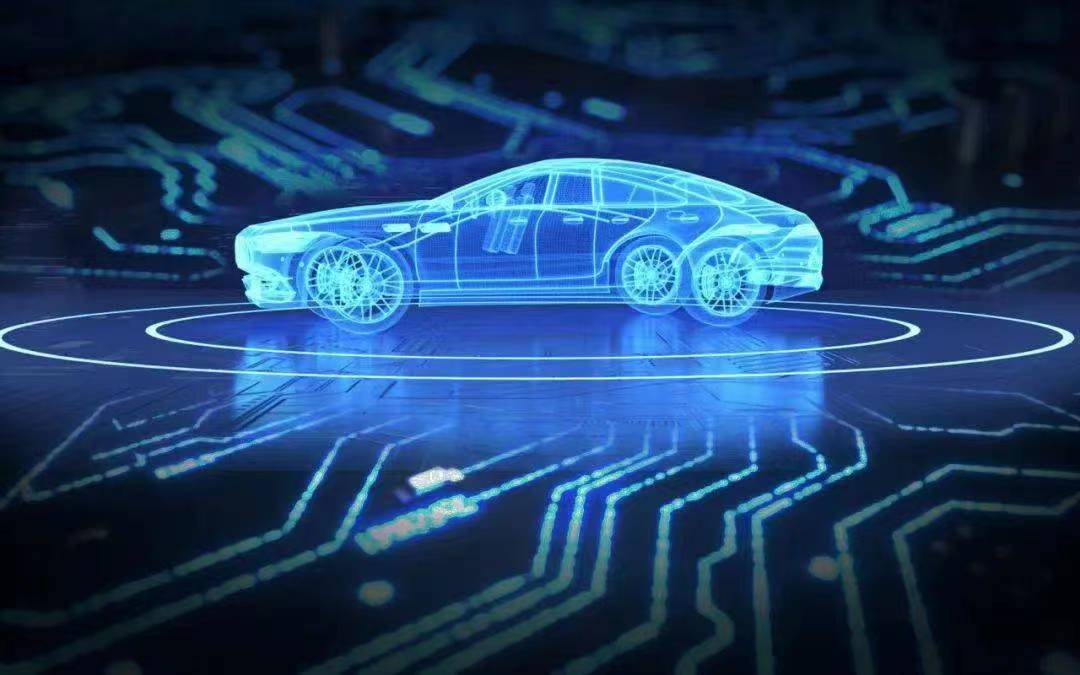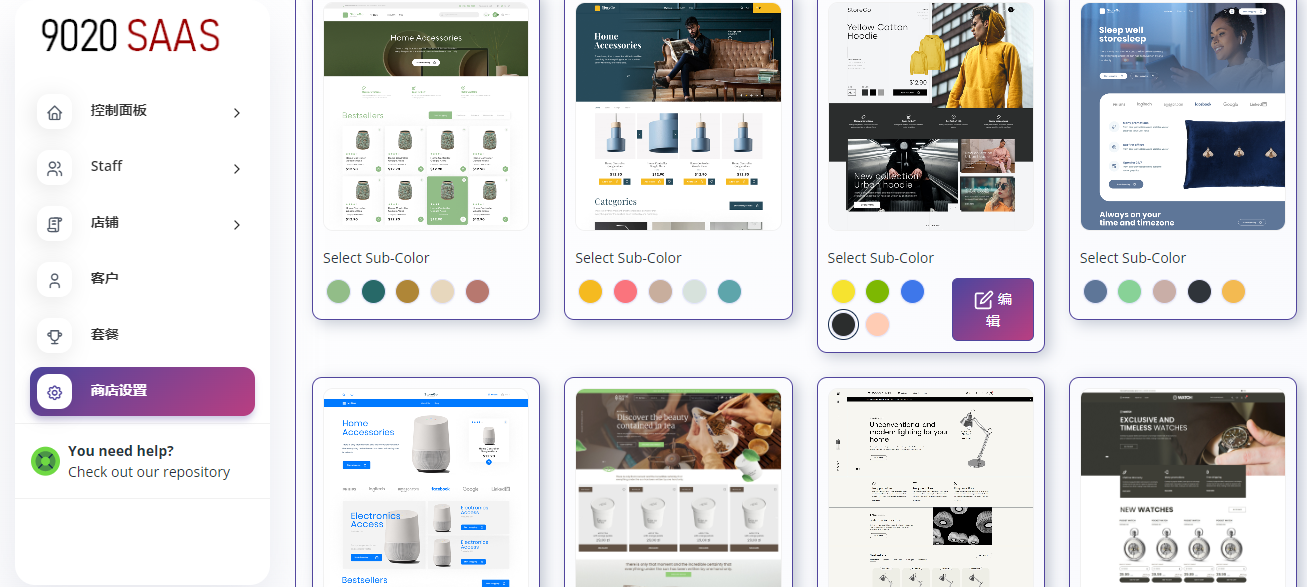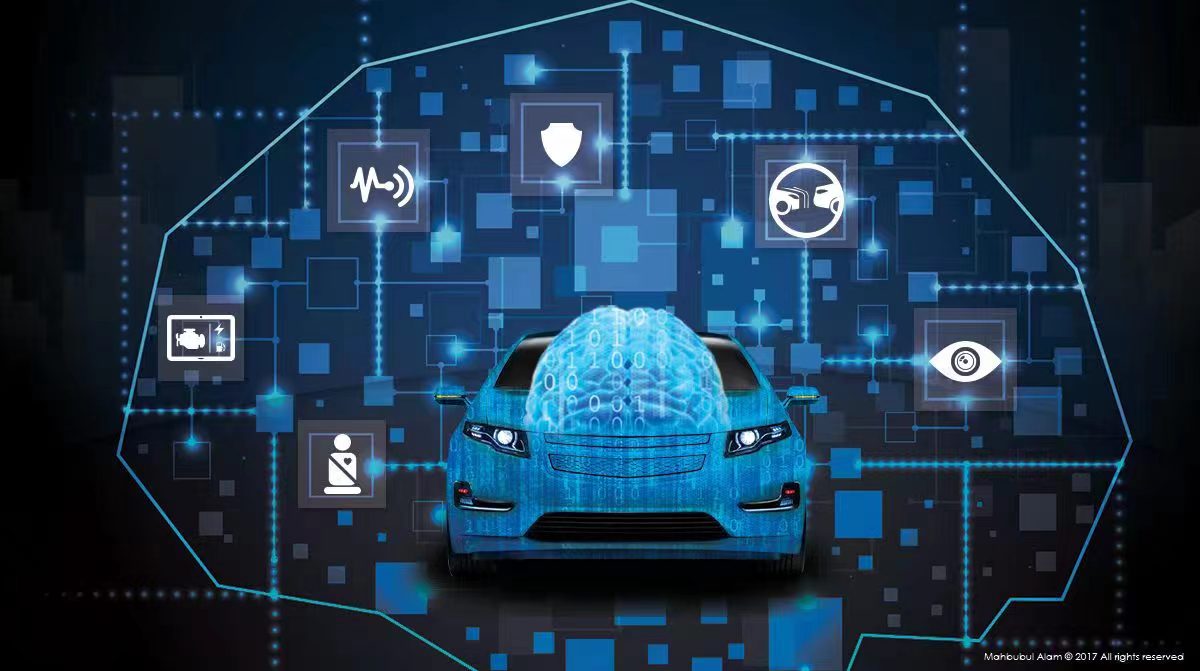The Impact of Artificial Intelligence on Modern Society
Introduction:
In recent years, artificial intelligence (AI) has emerged as a transformative force, reshaping the way we live, work, and interact with technology. From advanced robotics to natural language processing, AI's rapid development has penetrated almost every aspect of modern society. In this article, we will explore the profound impact of AI on various domains and its implications for the future.
AI and the Workforce:
The integration of AI in industries has been both exciting and concerning for the global workforce. While AI-driven automation has increased productivity and efficiency in various sectors, it has also raised concerns about job displacement. Routine and repetitive tasks are increasingly being automated, which may lead to job loss for some workers. However, AI has also created new job opportunities, such as AI engineers, data scientists, and AI ethicists, driving demand for specialized skills in the tech industry.
AI in Healthcare:
The healthcare sector has witnessed remarkable advancements with the application of AI. AI-powered diagnostic tools and predictive analytics have significantly improved disease detection and treatment planning. Machine learning algorithms can analyze vast amounts of medical data to identify patterns and trends that can aid in early detection of diseases and personalized treatment plans. Additionally, AI-driven robotics have been assisting in surgeries, reducing the risk of human error and improving patient outcomes.
AI and Ethics:
As AI becomes more prevalent, ethical considerations become paramount. The collection and use of vast amounts of data raise concerns about privacy and data security. Moreover, the potential biases embedded in AI algorithms could result in discriminatory outcomes. It is crucial for AI developers and policymakers to address these ethical challenges and implement robust frameworks for responsible AI development and deployment.
AI in Education:
AI has the potential to revolutionize the education sector by providing personalized learning experiences. Adaptive learning platforms can analyze students' strengths and weaknesses to tailor educational content to their individual needs. Moreover, AI-powered virtual tutors and chatbots can offer round-the-clock support to students, making learning more accessible and engaging.
AI and Transportation:
The transportation industry is undergoing a significant transformation with the advent of AI. Self-driving cars and autonomous drones are becoming a reality, promising safer and more efficient transportation. AI-based traffic management systems can optimize traffic flow and reduce congestion, leading to reduced carbon emissions and improved air quality.
Conclusion:
Artificial intelligence has undeniably become an integral part of modern society, driving innovation and transformation across various domains. While the advancements in AI hold enormous potential for progress, it is essential to address the ethical and social implications that come with its widespread adoption. Striking a balance between harnessing AI's capabilities and ensuring responsible development is crucial to creating a future where AI benefits all of humanity.





